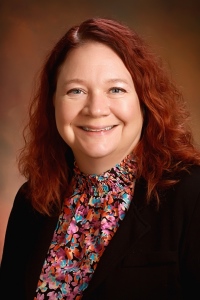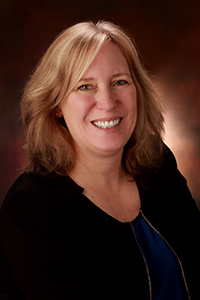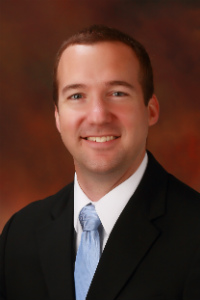Colonoscopies at Glacial Ridge Health System, Glenwood
Your health can’t wait, and neither should you. With our dedicated team, you can have your colonoscopy within 2-4 weeks.
A colonoscopy is the most thorough screening exam to both detect colon cancer and look for pre-cancerous polyps, which, left untreated, can lead to cancer. In the United States, colon cancer is still the second-leading cause of cancer deaths. However, when colon cancer is detected early during a colonoscopy, it is highly treatable, and it’s very safe.
Regular screening saves lives. The American Cancer Society now recommends that people of average risk get a colonoscopy beginning at age 45 instead of 50, as previously advised, due to an increased risk of colorectal cancer in younger age groups. After their first colonoscopy, most people are given the all-clear and then recommended to have it repeated every ten years.
How to Get a Colonoscopy at Glacial Ridge Hospital in Glenwood:
- Make an appointment with your primary care provider for a referral for a colonoscopy at Glacial Ridge Hospital. If you don’t have one, you can find a provider at Glacial Ridge.
- Glacial Ridge Hospital staff will call to schedule your important procedure. With four doctors who have blocked time for procedures and colonoscopies, you can generally get yours done within 2-4 weeks in Glenwood. Your health shouldn’t wait.
What is a colonoscopy?
A colonoscopy follows a thorough preparation regimen, including avoiding solids the day before the exam and using laxatives or enemas to empty the colon. Following light sedation, your colonoscopy doctor will insert a flexible tube with a tiny video camera into the rectum. Then, your physician can look for changes or abnormalities such as cancer or polyps.
Polyps are usually not cancerous, but they can change into cancer, and that is why they need to be removed. Doctors can remove small polyps or take tissue samples during the procedure with biopsy tools or wire loops that are passed through the scope. Small tissue samples are then sent for testing to check for signs of cancer.
What is the prep for a colonoscopy?
The purpose of colonoscopy prep is to cleanse the bowel before your examination. It’s simpler than ever before. Two days before the procedure, you’ll only eat low-fiber foods. One day before, you’ll go on a clear-liquid diet. The evening before, you’ll drink a prescription laxative solution with a sports drink that thoroughly cleans out the bowel and colon. On the morning of, you’ll drink another laxative/sports drink mixture to ensure you are clear before your procedure.
You and your doctor can discuss the best colonoscopy regimen for you.
Does a colonoscopy hurt?
Almost all colonoscopies in the United States, including those performed at Glacial Ridge Hospital, are performed with patients under a level of sedation or anesthesia that prevents them from feeling anything. Oftentimes, patients sleep for the entire procedure and don’t remember it.
How long does it take?
Your colonoscopy will take 30 to 60 minutes. Factoring in time for prep and recovery, you can expect to be at the hospital for up to three hours. You must have a friend or family member on-site during your screening who will drive you home afterward.
What to expect after your colonoscopy?
Early detection saves lives. Your doctor will review any concerns identified during a colonoscopy with you. Depending on the type and severity of the abnormalities, their recommendations may include more frequent colonoscopies to monitor a condition, minor surgery to remove it, or other treatment options.
Discuss Your Risk Factors
The age of the first colonoscopy or the frequency of screening depends on a person’s risk factors, like age, genetic makeup, and a family history of colon cancer. There’s also a long list of environmental and lifestyle factors that may increase your risk. Among them are:
- Not being physically active
- Excessive alcohol use
- Smoking
- Diabetes
- Food/diet, for example, eating more red meat and processed meat
Ultimately, deciding when to have your first colonoscopy rests with you and your doctor. Early detection is the key to treating colon cancer at its earliest stage.
The Four Doctors Who Perform Colonoscopies Are:
2 Steps to Getting a Colonoscopy:
- Make an appointment with your primary care doctor (or Find a Provider here) for an exam and to request a referral for a colonoscopy in Glenwood.
- Glacial Ridge Hospital staff will call to schedule your important procedure.





